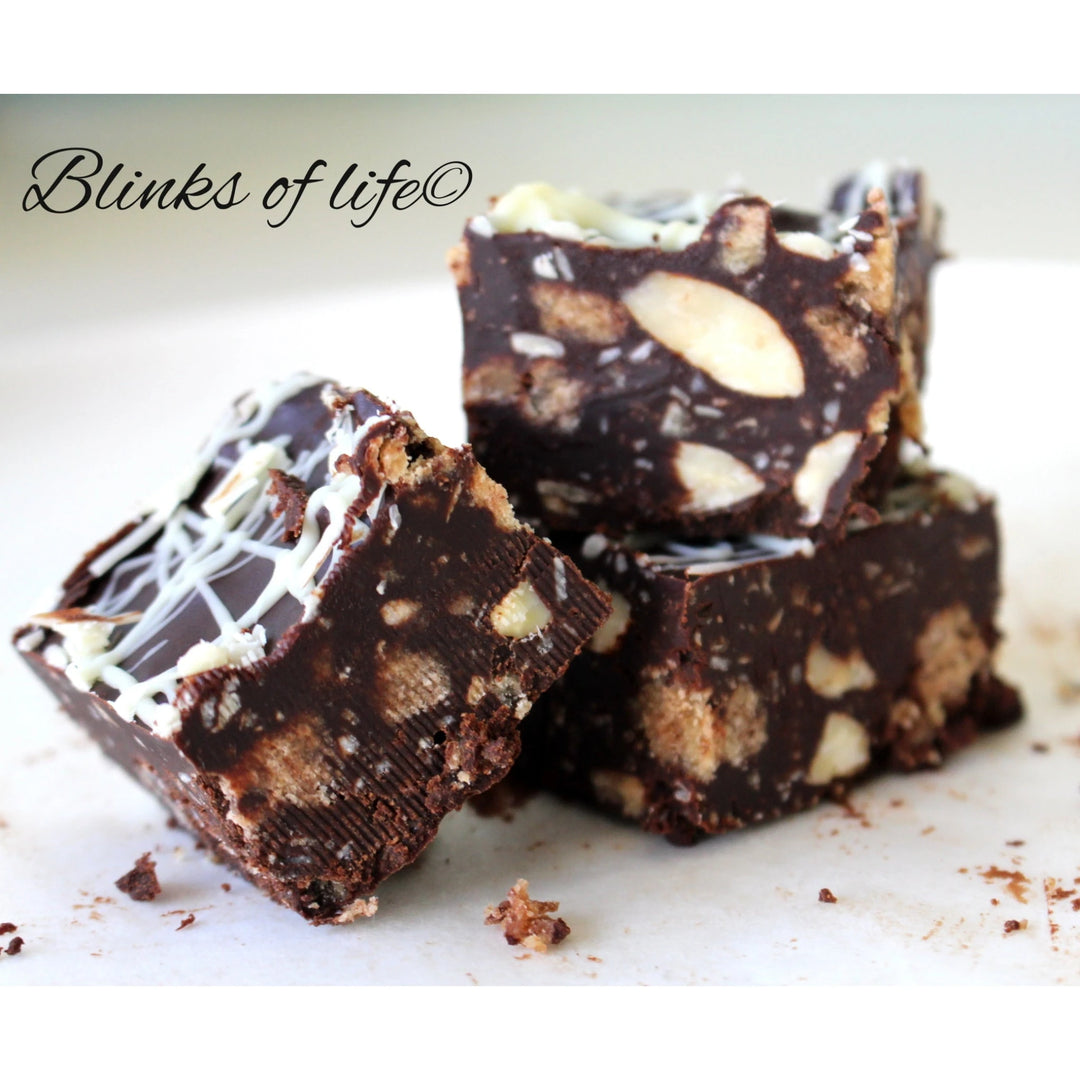What's the Deal with Soy?
Soy creates a lot of tension in the fitness and nutrition world. You’ve got stoic vegans who swear that soy is the 8th Chakra and the key to enlightenment, and then Paleo nuts who believe that’s it’s going to flip your hormones upside down and turn you into some kind of mutant (with boobs).
With almost everything out there these days there are good and bad qualities, so, we’re here to fill you in on both sides of soy.
Many men and women are concerned with soy consumption because of how it is grown, processed and what it contains. The most fierce point of debate is around compounds known as phytoestrogens .These chemicals are similar to the human sex hormone estrogen, primarily associated with female characteristics and sex organ development.
Now, there’s probably a chorus of you crying out: “Soy has been consumed for centuries in Asia!” Yes, but the beans were fermented (removing phytates and the estrogen-like compounds) and Non-GMO.
Soy also contains high levels of phytic acid, a chemical that plants use to protect themselves, Goitrogens (possibly linked to thyroid disruption, as it’s makeup is similar to thyroid hormone), and Trypsin Inhibitors (trypsin is an important digestive enzyme responsible for breaking down protein.
At Justine’s, our products do contain soy and soy derivatives. Our Soy Protein, however, is Soy Protein Isolate. This eliminates many of the compounds above and is a cleaner source of nutrition. Soy protein Isolate is the purest and least refined form of soy protein available and is 90% protein when measured by dry weight. This type of soy is made from defatted soybeans. A point of contention though is the process by which the protein is isolated. Some argue that these methods may induce negative side effects.
Obviously, there are studies that test what effect soy has on our bodies. One study found that when young adults (29.9 +- 2.4) with type 1 diabetes were given a diet consisting of soy protein their LDL cholesterol (informally called “bad cholesterol” although this is a lot more complex) and GFR (Kidney function) were reduced.
The problem is with most of the scientific studies out there is that they’re funded by companies invested in the success of soy. Big soy growers pour millions in “research and development”. It’s a tricky issue and we’re certainly not qualified to comment, we’ll just say that it’s incredibly hard to find a study that measures the effects of the consumption of soy over a period longer than 3 months. And when you do the population is so limited and the variables so tight that you can’t really draw conclusions.
Personally, we like to err on the side of caution when it comes to issues like this, yet there’s debate on everything down to water and breathing…
Further studies:
Clinical studies show no effects of soy protein or isoflavones on reproductive hormones in men - http://www.fertstert.org/article/S0015-0282(09)00966-2/fulltext#References
https://www.bodybuilding.com/fun/drobson71.htm


